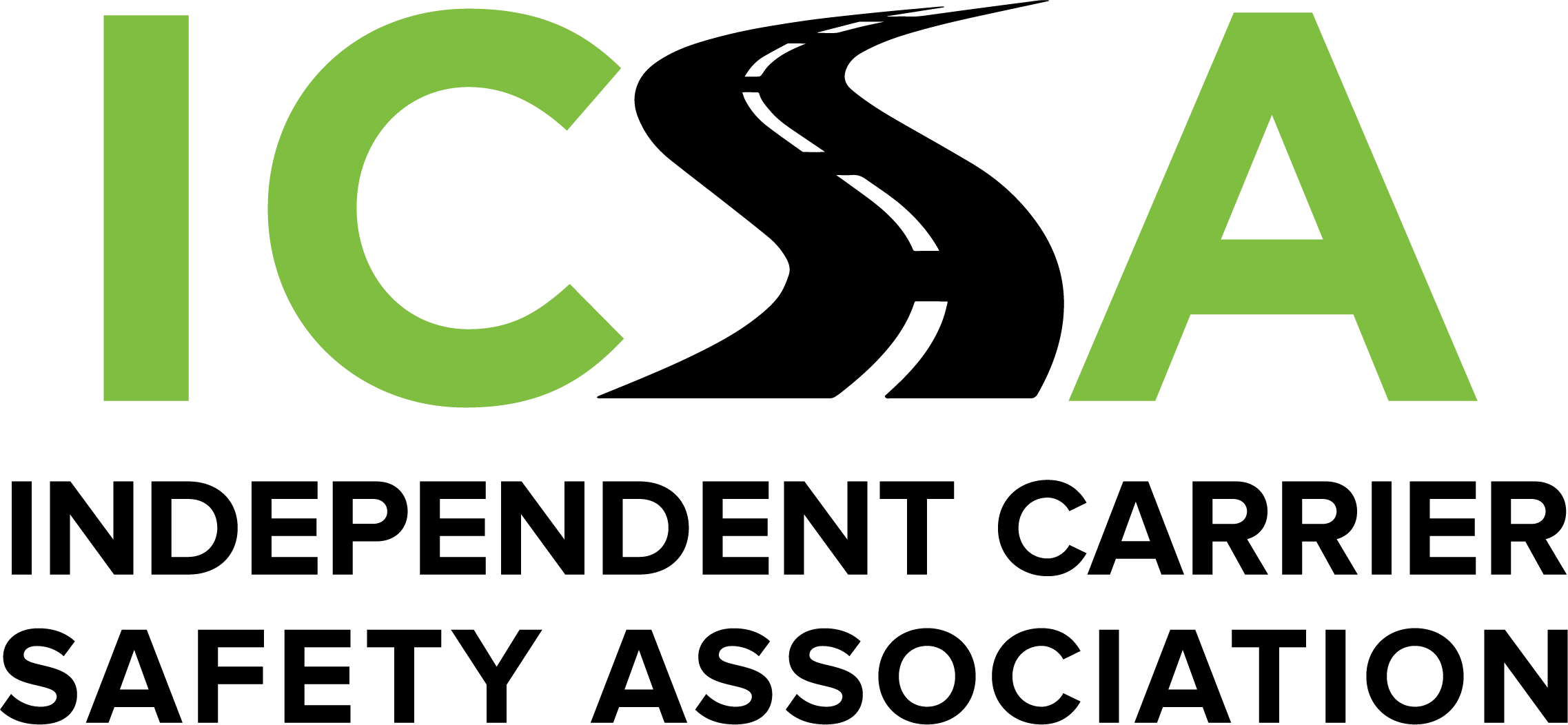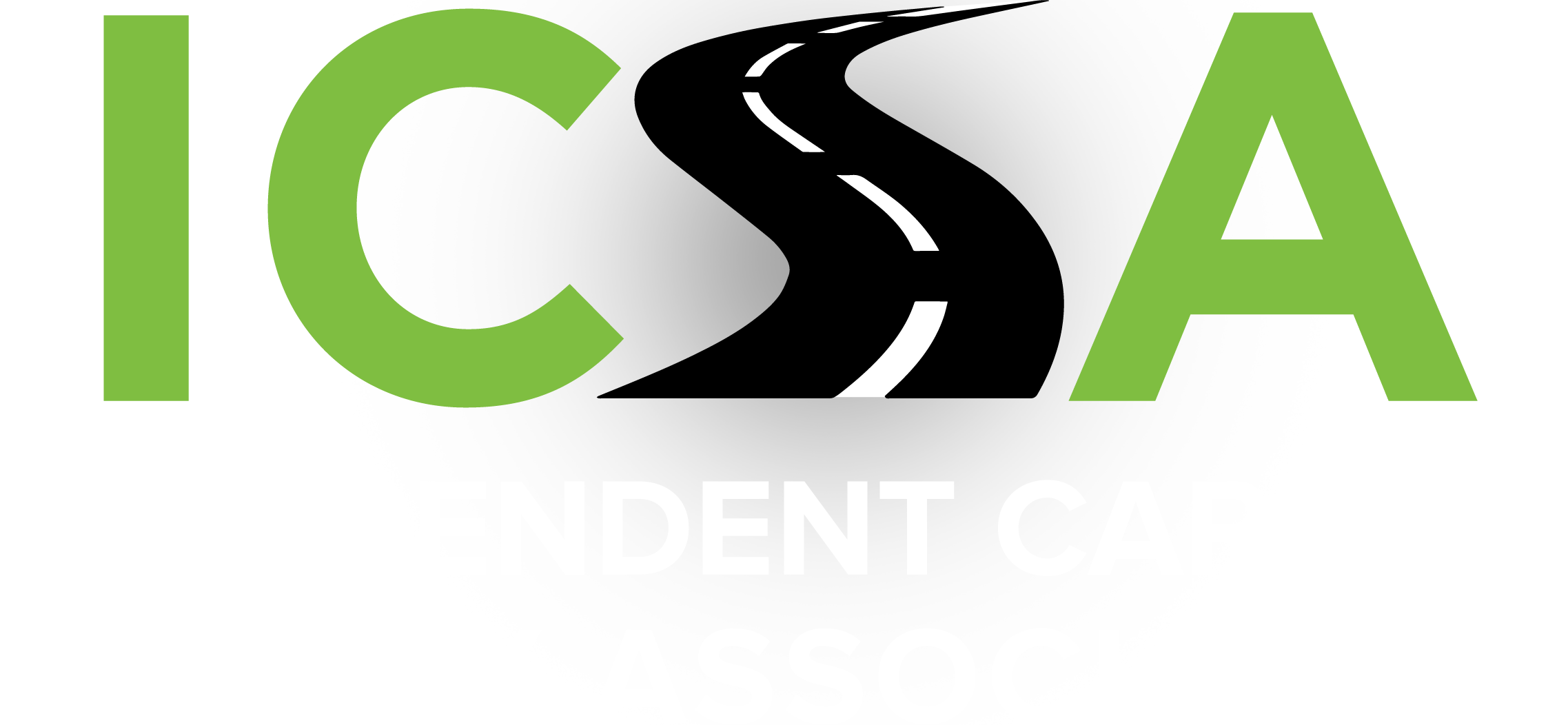A report released in late 2023 documented the extent to which trucking companies and their drivers have been victimized by predatory towing companies. The American Transportation Research Institute (ATRI) reported that 82.7% of truckers they surveyed had been overcharged by towing companies.
In the animal world predators are those that prey upon weaker victims. The term “predatory towing” says it all. ATRI defines predatory towing as “any incident in which a tow truck operator egregiously overcharges, illegally seizes, damages by use of improper equipment, or withholds release of a truck and/or cargo.” To paraphrase a textbook example of predatory towing provided by ATRI:
A tractor-trailer is involved in a single-vehicle accident, such as a rollover, that requires towing service. Law enforcement at the scene selects a tow service from a towing company list used to rotate business among competitor businesses. The towing company dispatches the equipment, spends about an hour and a half cleaning up the scene, and then disappears with both the carrier’s equipment and cargo. In short order, the carrier receives a bill for towing services that requests payment of tens or even hundreds of thousands of dollars for the release of their equipment and cargo.
Predatory towing has become so common in the trucking industry that both the Federal Motor Carrier Safety Administration (FMCSA) and the Federal Trade Commission (FTC) have taken notice. However, neither federal agency has the power to regulate towing services, which are registered with and regulated by state governments. Often the lead commercial vehicle enforcement agency both regulates towing companies and decides which company to call out to a crash scene, a potential conflict of interest. In addition, enforcement agencies are reluctant to get involved in a billing dispute and may even be prohibited from doing so by the state.
With no ready solution to stopping predatory towing practices, carriers must be aware of and protect themselves from some common practices, such as those below outlined in a recent Truckload Carriers Association (TCA) webinar on predatory towing:
- Fictitious add-on fees and charges, hoping the carrier being billed won’t notice and will blindly pay the total.
- Levying fuel charges that bear no relation to the amount of fuel the company used to perform the work. Some towing companies charge a flat percent of the total towing bill as a fuel surcharge.
- “Per-pound” billing in which the towing company levies its fees based on the total weight of the vehicle, trailer and cargo being towed.
- Charging a minimum fee based on an 80,000-pound tractor-trailer — even when the vehicle involved weighs much less.
- Sending duplicate invoices to the carrier, their insurance company, the driver, the broker, etc. gambling that multiple parties will pay the same bill — and the towing company reaps the additional profit.
- Inflating hourly rates and the number of hours towing personnel and equipment were at the scene.
Truckers can play it smart and take steps to protect themselves. First, instruct drivers not to sign any paperwork the towing company presents at the scene. Such paperwork can be electronically sent to the company office where the appropriate personnel can review the forms to ensure fairness. Secondly, have drivers take photos of the scene, towing equipment and personnel working on the tow.
Another smart tactic is to become aware of the towing regulations in each state where you operate. Every state is different, with inconsistent regulations, and towing companies bet that many non-domiciled carriers will not be familiar with each state’s regulations. Don’t wait until you have a crash or a disabled truck needing a tow before you research the regulations in the states where your trucks run.
Despite a lack of authority to regulate towing, FMCSA is gathering its own data to determine the extent of the problem and has also encouraged the FTC to consider regulating the towing industry through its ability to regulate unfair or deceptive business practices. FMCSA has called a public meeting covering Transparency in Fees for Towing and Recovery Services scheduled June 21 from 9 AM to 12 PM EDT. Carriers and other stakeholders who wish to attend virtually must click registration to sign up for the meeting.
Has your company been the victim of predatory towing? Email us at contact@safecarriers.org and let us know where it occurred and what practices the towing company engaged in.

